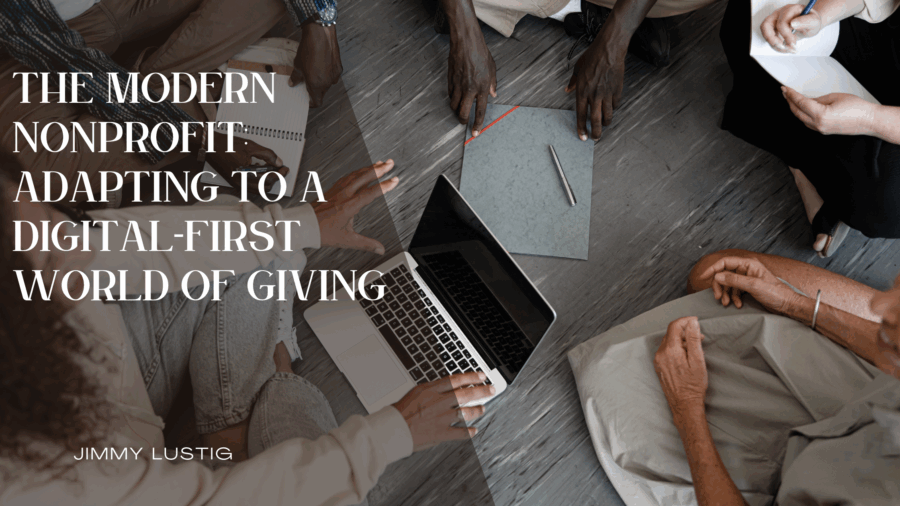Philanthropy has long been associated with large-scale global change, but today, its most powerful impact is often seen much closer to home — in the neighborhoods where people live, work, and grow together. Across cities and small towns alike, charitable giving is transforming local landscapes, revitalizing communities, and shaping a more connected and inclusive future.
Modern philanthropy is no longer confined to writing checks for distant causes. Instead, it’s becoming hyperlocal, targeting the needs of specific neighborhoods. Donors, community foundations, and local businesses are investing in education, affordable housing, green spaces, and healthcare access — the building blocks of a thriving community. These efforts are not just about charity but about creating ecosystems of opportunity where everyone can participate and prosper.
One of the most visible transformations comes through urban renewal projects driven by philanthropic partnerships. Vacant lots are turning into community gardens, underfunded schools are gaining new technology, and public art installations are fostering cultural pride. Philanthropy helps fill gaps that traditional funding often overlooks, sparking innovation and giving residents a voice in shaping their surroundings.
Beyond physical spaces, philanthropy is also reshaping how communities connect and collaborate. Local giving networks, crowdfunding campaigns, and volunteer-led initiatives empower residents to identify needs and take action. These grassroots models emphasize collaboration over hierarchy, ensuring that the people most affected by local challenges are part of the solution.
Technology has played a vital role in this evolution. Digital platforms allow donors to see the direct impact of their contributions, track neighborhood projects, and engage with the causes they care about in real time. This transparency and accessibility are inspiring a new generation of givers — people who want to see tangible results within their communities.
Philanthropy is also proving to be a catalyst for social and economic inclusion. By funding job training programs, youth mentorships, and small business incubators, donors are helping bridge opportunity gaps and fostering self-sustaining growth. It’s not just about improving neighborhoods — it’s about empowering the people within them.
As we look to the future, philanthropy’s greatest strength lies in its ability to reimagine community life. By combining generosity, innovation, and local insight, it’s transforming neighborhoods from the ground up — turning them into places of resilience, creativity, and shared progress.
Tomorrow’s neighborhoods won’t just be built with bricks and mortar, but with empathy, collaboration, and the enduring spirit of giving.










